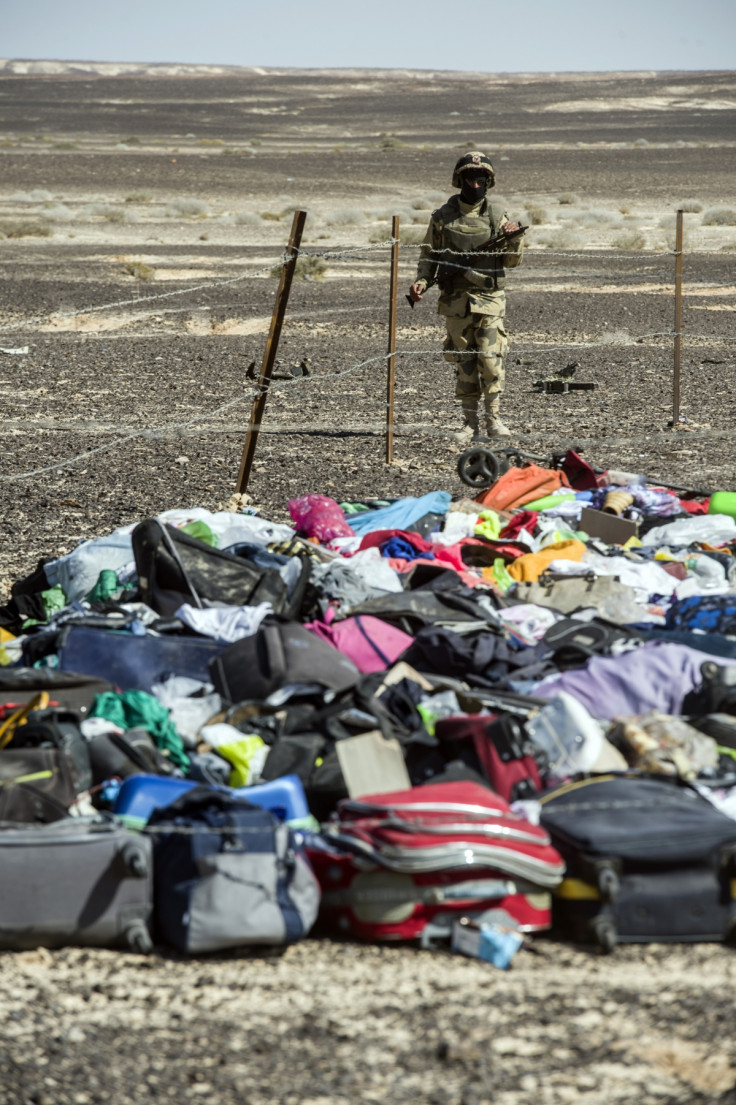Sinai plane crash: No 'direct evidence' Isis terrorists brought down flight says US intelligence chief

The US director of national intelligence said there is no "direct evidence" that terrorism caused a Russian passenger jet in Egypt to crash. Kogalymavia Flight 9268 crashed in the Sinai Peninsula on 31 October, killing all 224 people on board.
Speaking at a military conference in Washington DC, James Clapper said it was "unlikely" Islamic State (Isis) terrorists brought down the plane but he would not "rule it out altogether", AFP reported.
Egyptian officials claimed that a technical fault probably caused the plane to crash, which has been subsequently denied by airline officials.
Earlier Alexander Smirnov, a Kogalymavia airline official, told a Moscow news conference the plane crashed as a result of "external influence." He said: "We exclude technical problems and reject human error," as an explanation for the crash. The crew did not issue any warnings or communications before the plane went down."
However, a source on the Egyptian committee investigating the crash told Reuters that information from the plane's black box recorders indicated it was not struck from the outside.
In the wake of the crash, jihadist group IS, which has a contingent in Sinai, claimed responsibility for the attack. "The fighters of the Islamic State were able to down a Russian plane over Sinai province that was carrying over 220 Russian crusaders. They were all killed, thanks be to God," said the statement circulated by the group's supporters on Twitter.
© Copyright IBTimes 2024. All rights reserved.






